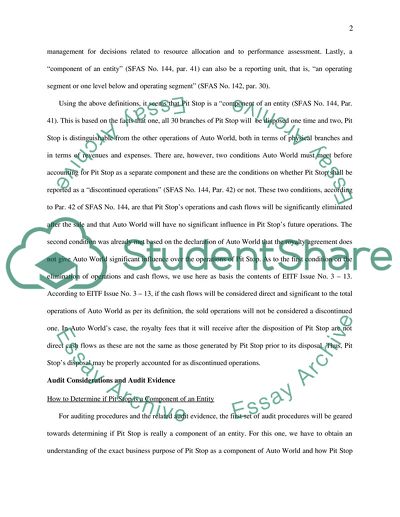Cite this document
(“The Proper Accounting Treatment of Auto World Inc Essay”, n.d.)
The Proper Accounting Treatment of Auto World Inc Essay. Retrieved from https://studentshare.org/finance-accounting/1558339-intermediate-ii-accounting-case-study
The Proper Accounting Treatment of Auto World Inc Essay. Retrieved from https://studentshare.org/finance-accounting/1558339-intermediate-ii-accounting-case-study
(The Proper Accounting Treatment of Auto World Inc Essay)
The Proper Accounting Treatment of Auto World Inc Essay. https://studentshare.org/finance-accounting/1558339-intermediate-ii-accounting-case-study.
The Proper Accounting Treatment of Auto World Inc Essay. https://studentshare.org/finance-accounting/1558339-intermediate-ii-accounting-case-study.
“The Proper Accounting Treatment of Auto World Inc Essay”, n.d. https://studentshare.org/finance-accounting/1558339-intermediate-ii-accounting-case-study.


